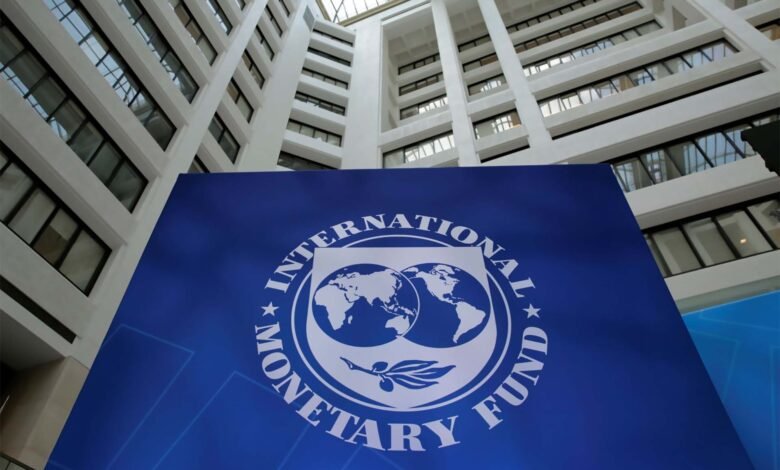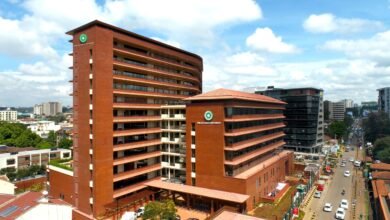
The International Monetary Fund says financing conditions for sub-Saharan African economies are likely to remain constrained for a while amid continued capital outflows from the region.
“Global financing conditions, even if they’ve eased a little bit, remained fairly difficult for most countries as evidenced by continued pressure on foreign exchange rates for example,’’ the Washington-based lender’s Africa Department Director Abebe Selassie told reporters. “Capital flows also remain attenuated, notwithstanding Cote D’Ivoire’s recent issuance a couple of weeks ago.’’
The U.S. Federal Reserve and other global central banks are pushing back against expectations of early interest rate cuts, keeping dollar inflows strong. Africa, along with other emerging markets has as a result seen strong outflows while most countries have been unable to access global capital markets in what the IMF has called a funding squeeze.
Resilient U.S. consumer spending, even after 500 basis points in rate increases has anchored higher U.S. rates, pushing bets the U.S. Federal Reserve may begin cutting rates in March to May or the second half the year.
The IMF however says its 2024 forecast for sub-Saharan Africa growth remains unchanged at 3.8% versus the 3.3% percent estimate made last October at its annual meetings in Marrakech, Morocco. Inflation is seen decelerating to 6 percent versus 4 percent in 2023.
“Also encouraging is that we see both domestic and foreign investment picking up through 2023, which bodes well for activity in 2024,’’ Selassie said. “On the policy side, also, we have seen governments making a strenuous effort to stabilize public debt, and our estimates now suggest that public debt will have stabilized at around the 60% mark following about a decade of sustained increase in public debt levels.’’
The IMF last week upgraded its global economic growth forecast on the back of stronger than seen expansion in the United States and China, the world’s largest economies, and select large emerging markets.
Chief Economist Pierre-Olivier Gourinchas last week said a so-called soft landing was in sight as global inflation slowed while overall growth and trade reflected resilience though lower than historical averages.
Global trade was expected to expand by 3.3% in 2024 and 3.6% in 2025, well below the historical average of 4.9%, with gains weighed down by thousands of fresh trade restrictions.
The tighter financing conditions were also slowing economic reforms needed to boost growth across the region, said Selassie. To counter this, the fund had so far disbursed about $3 billion of $19 billion set aside to back reforms.
The reforms had also been slowed by the lack of more progress on the Common Framework, with Zambia still struggling to finalize its debt restructuring. Concessions would be needed on both sides, he added.





